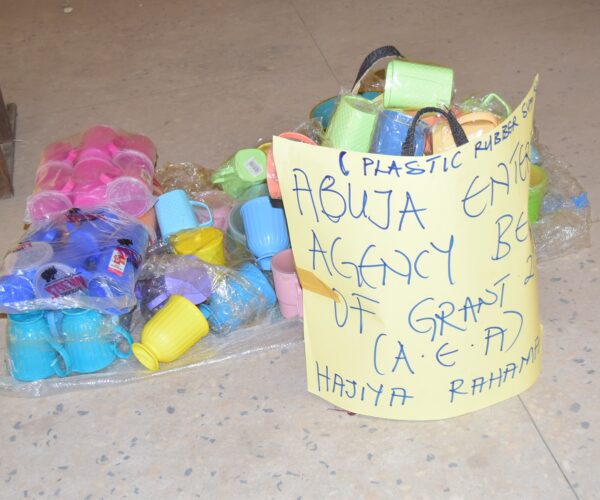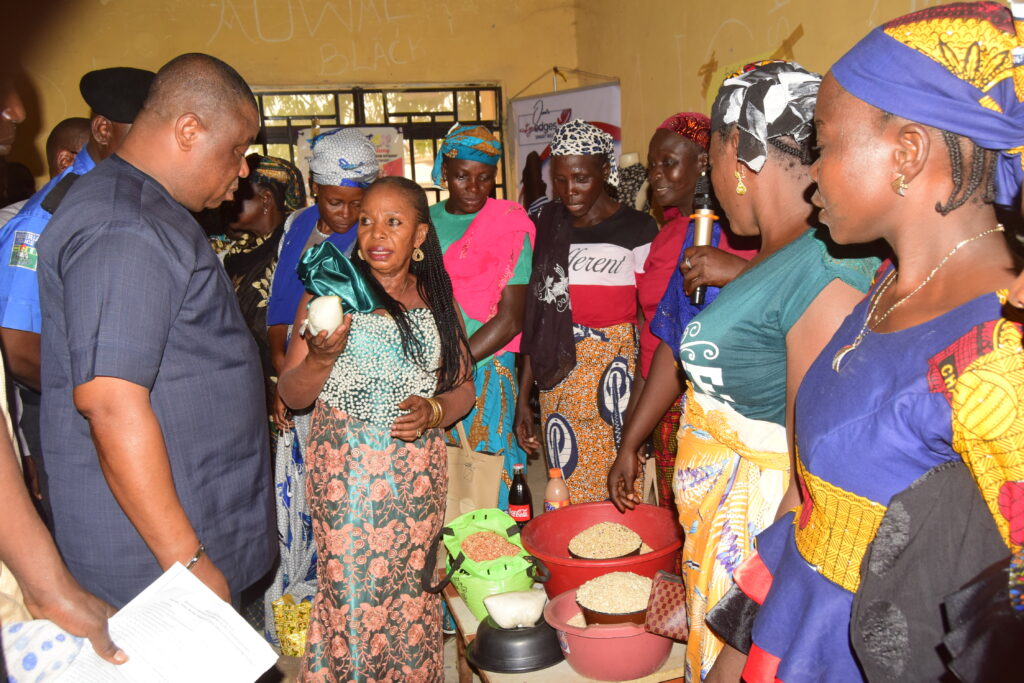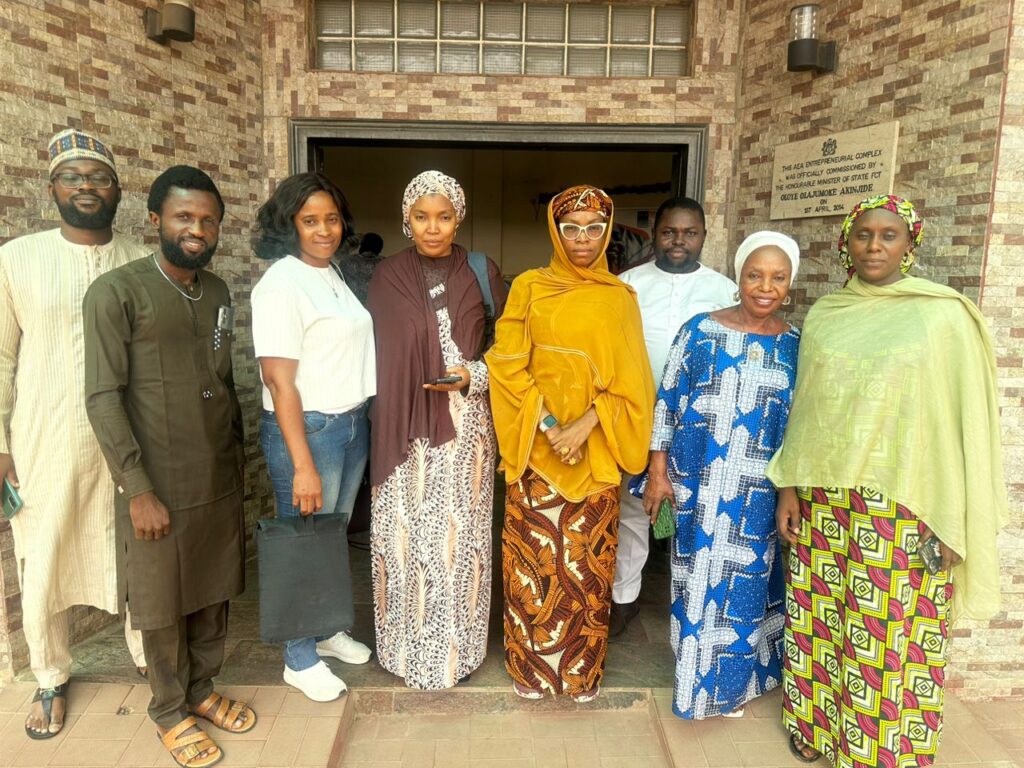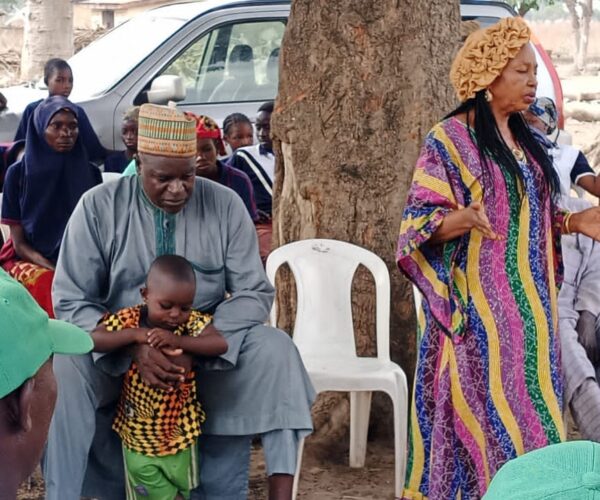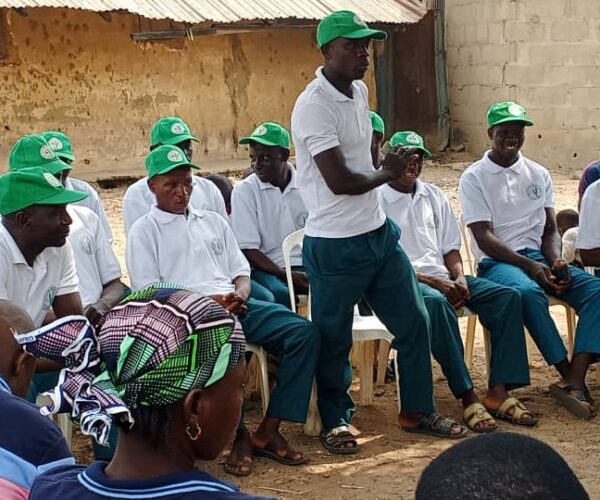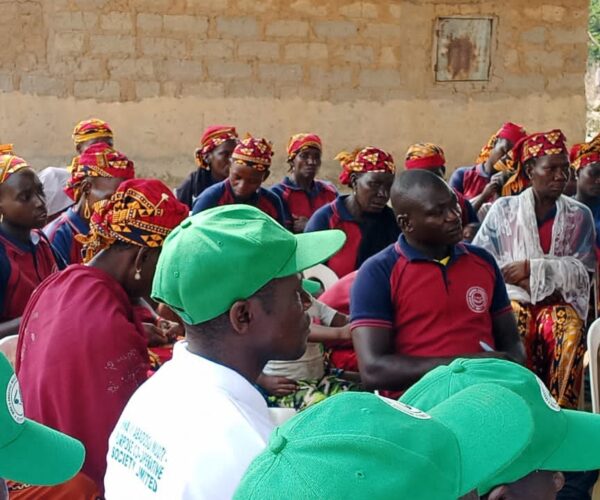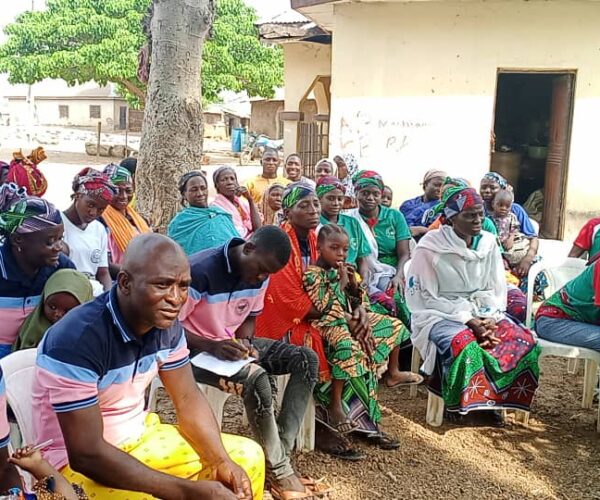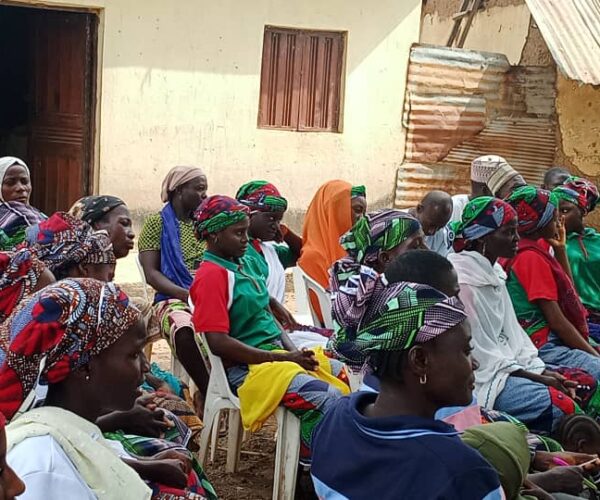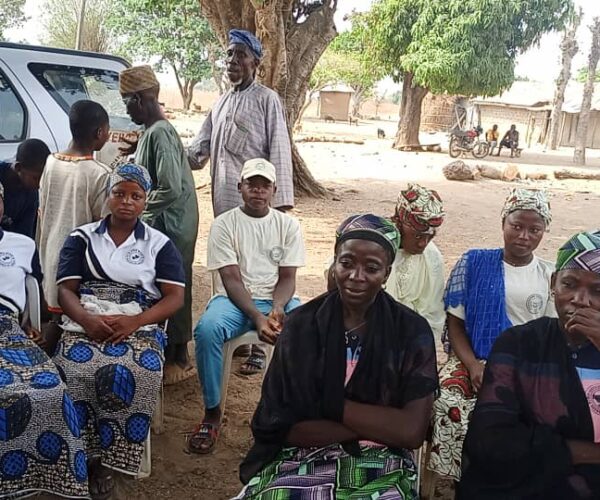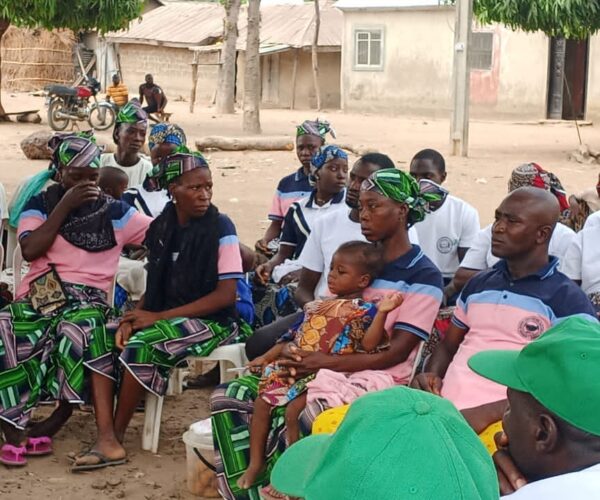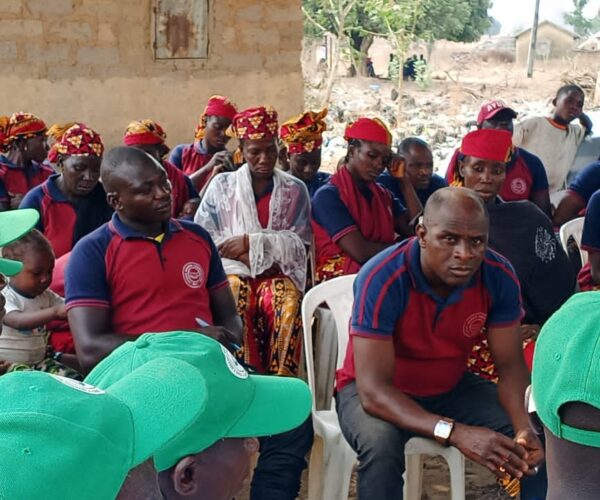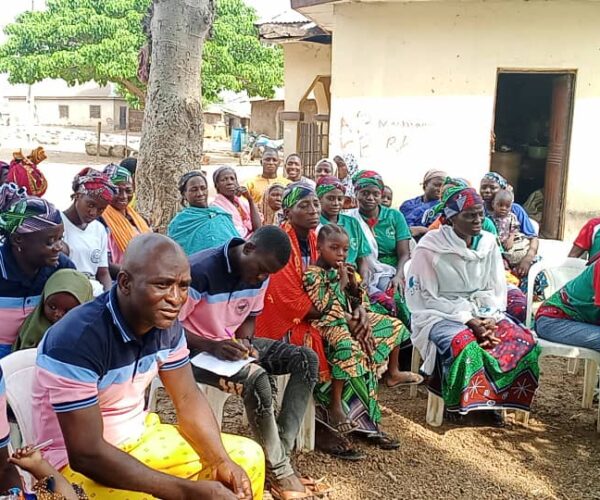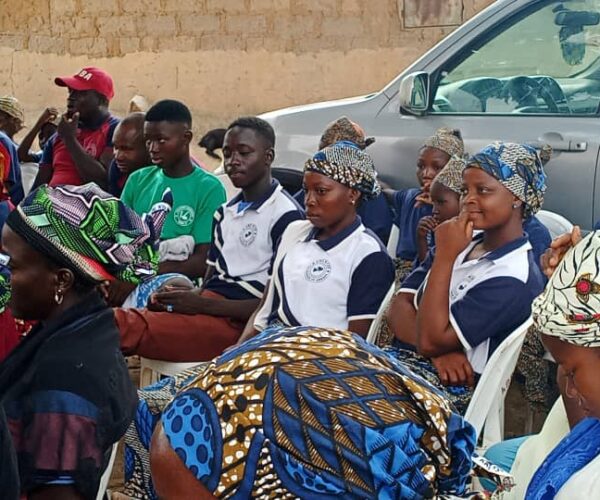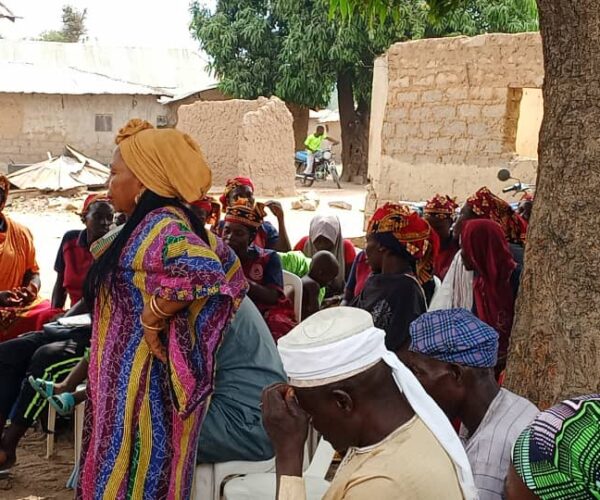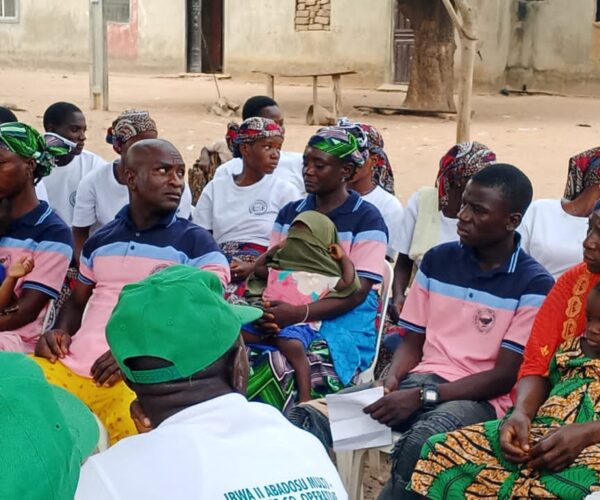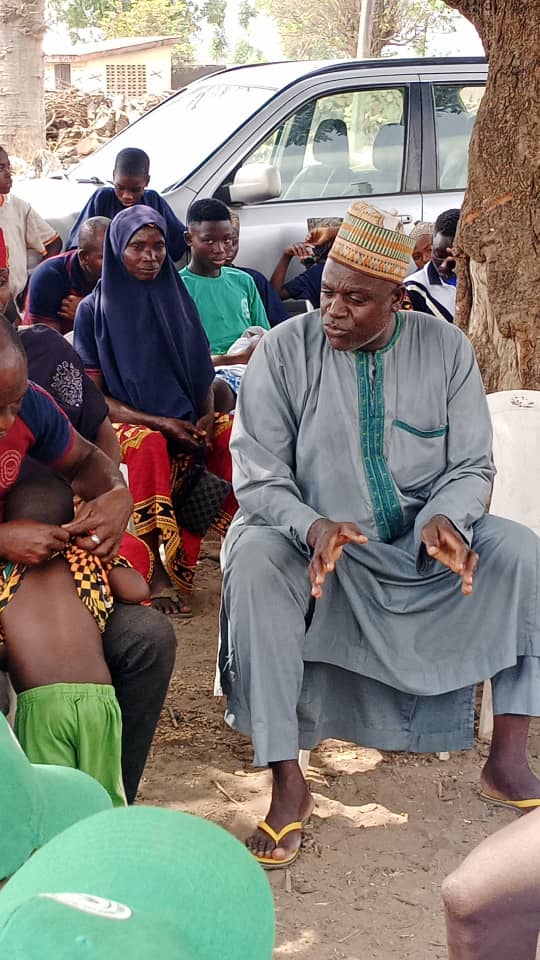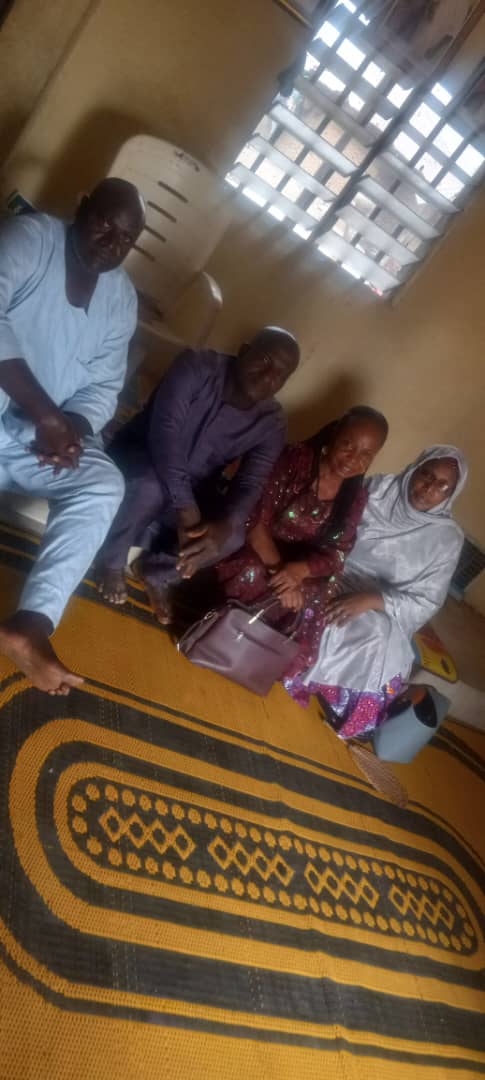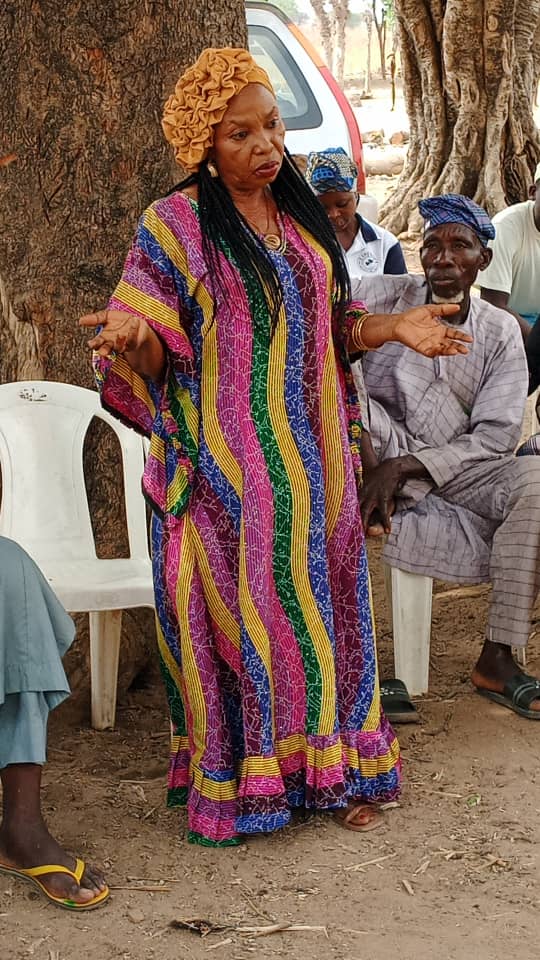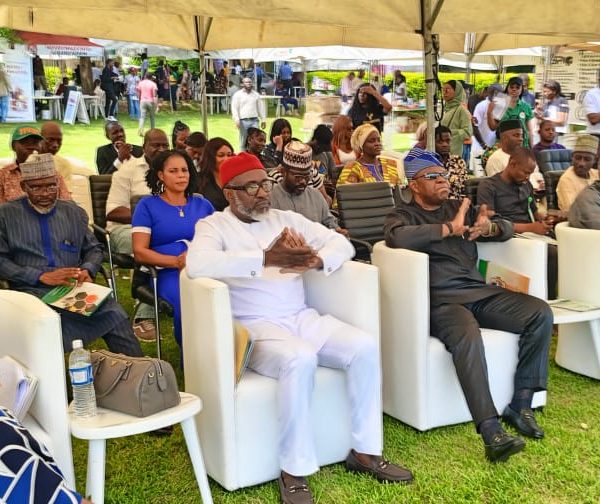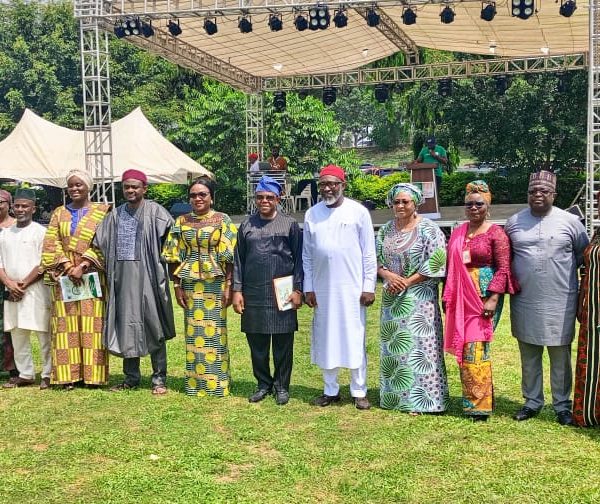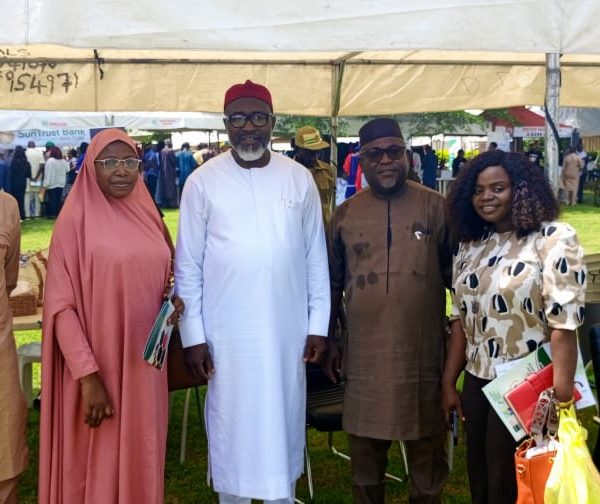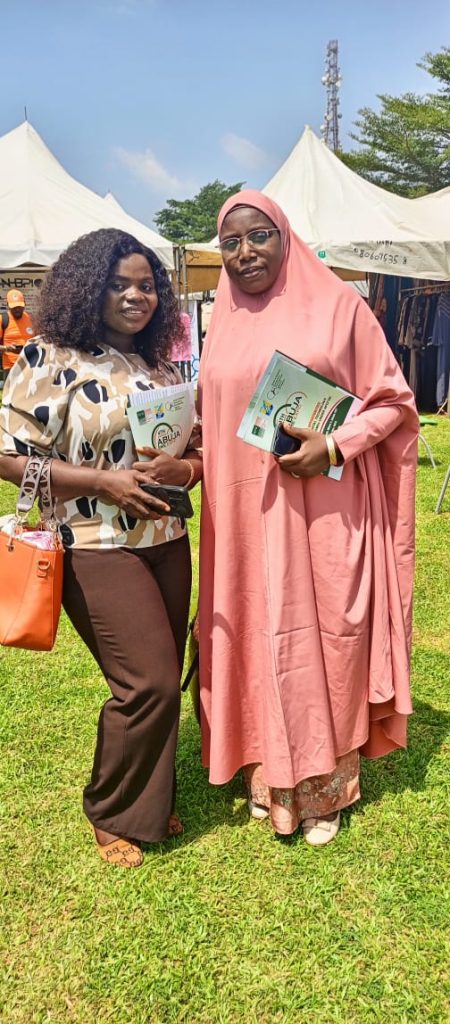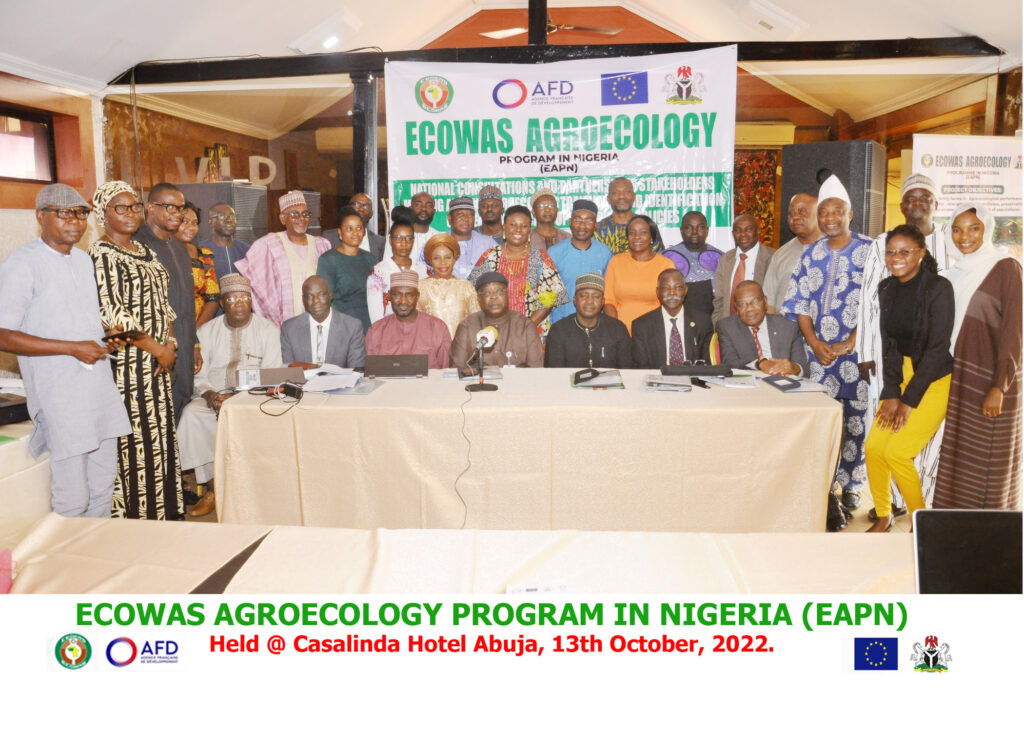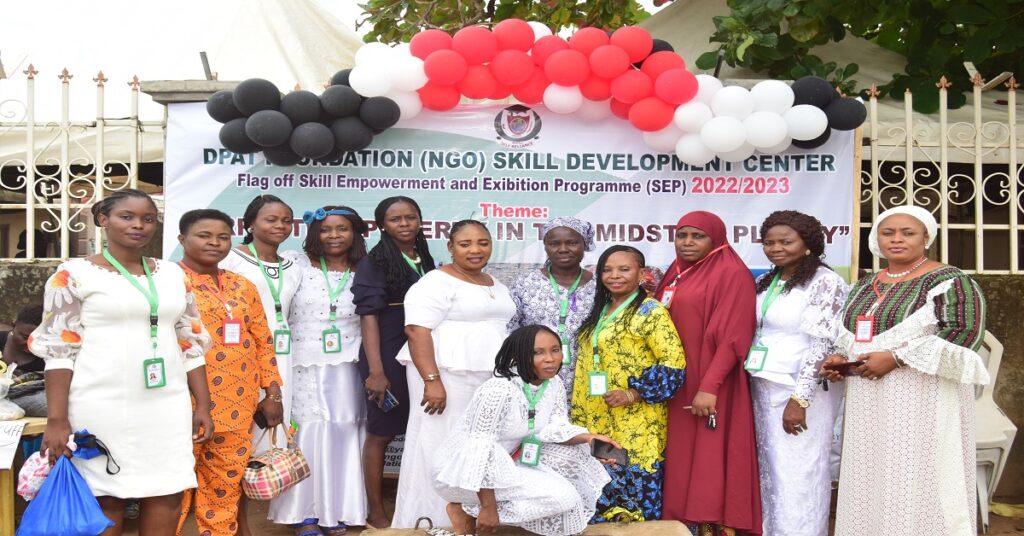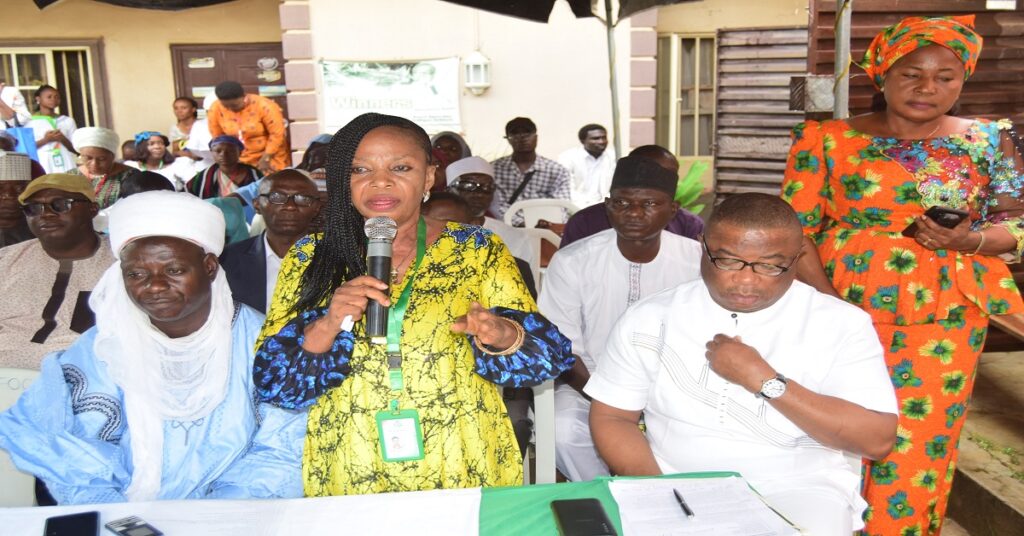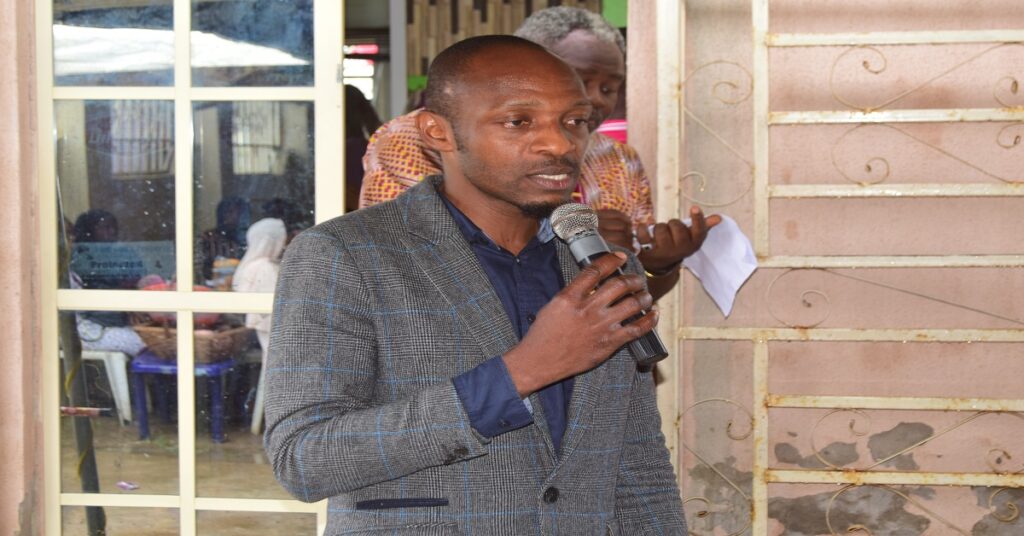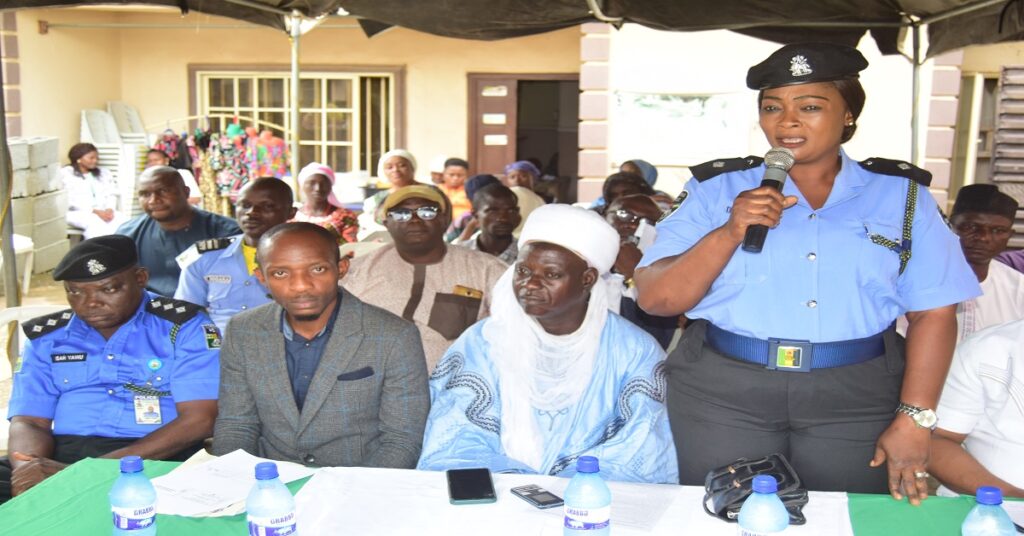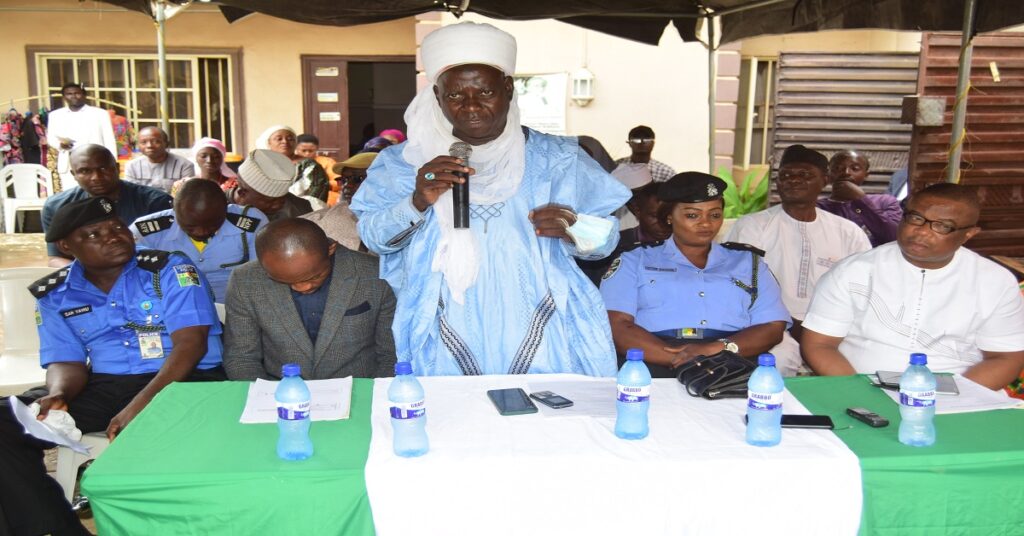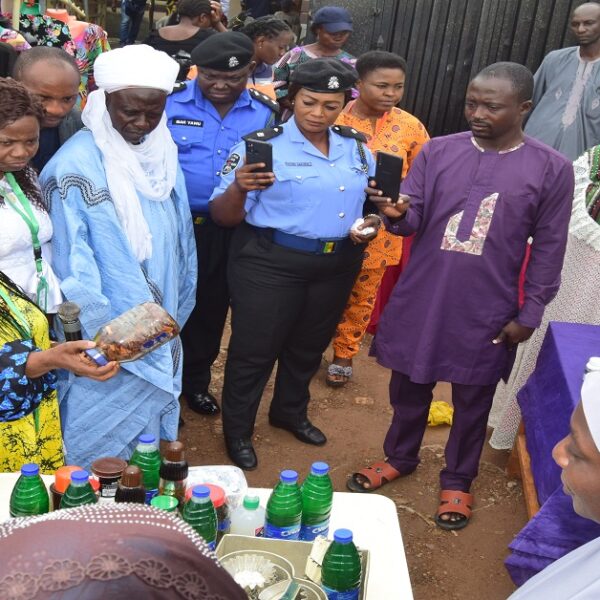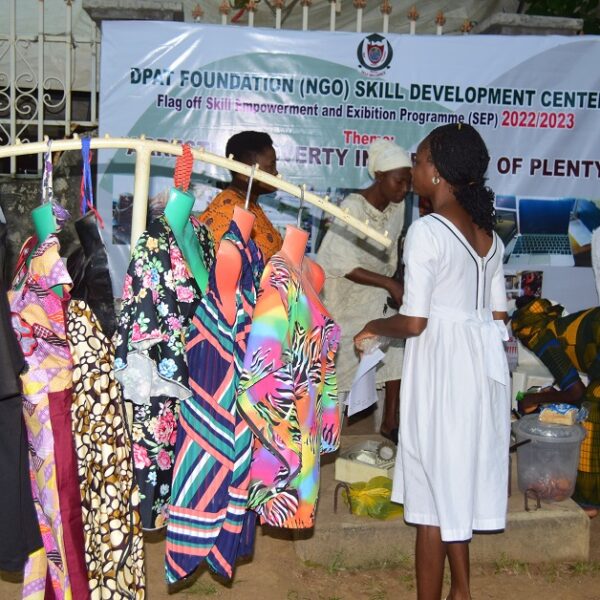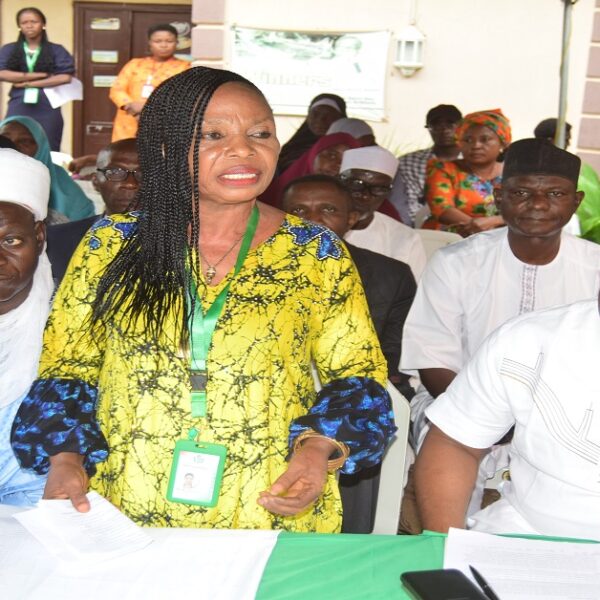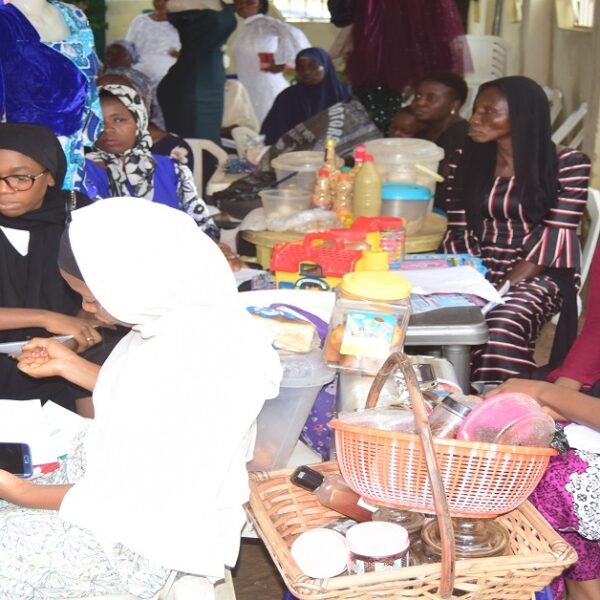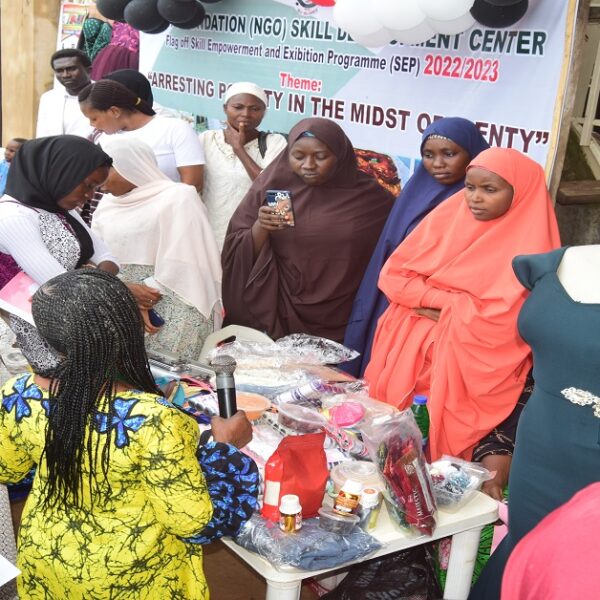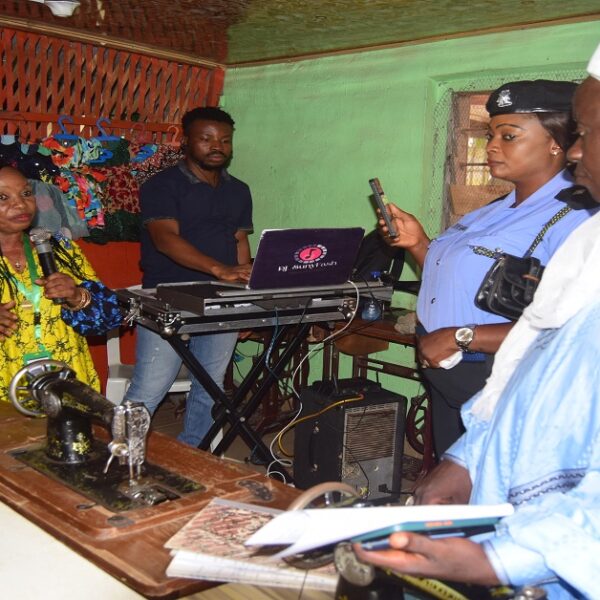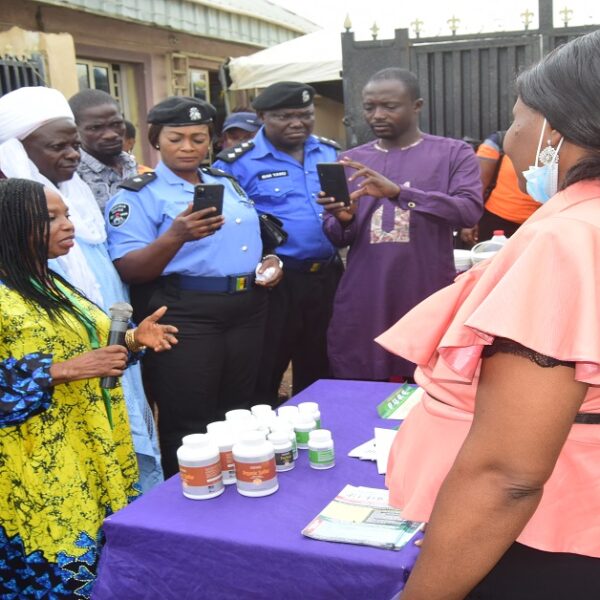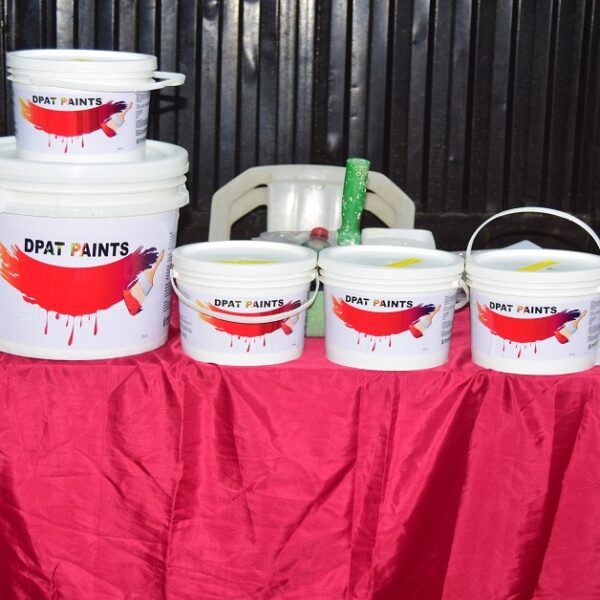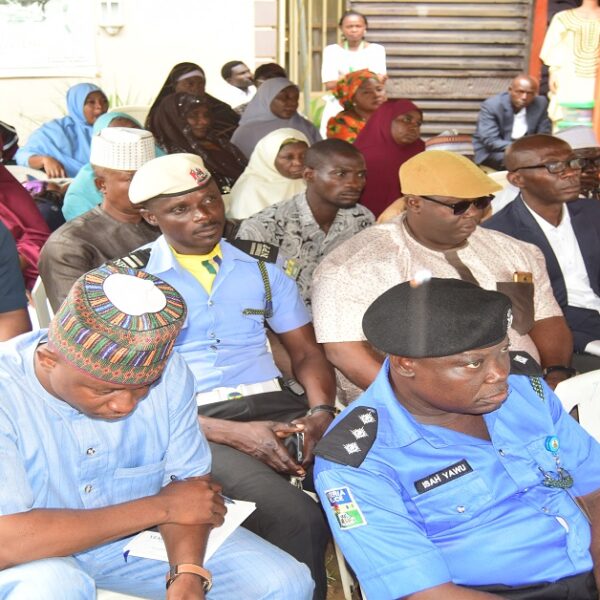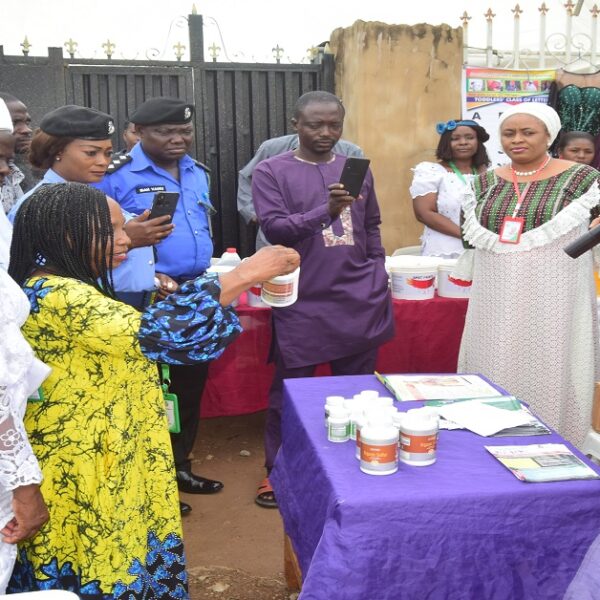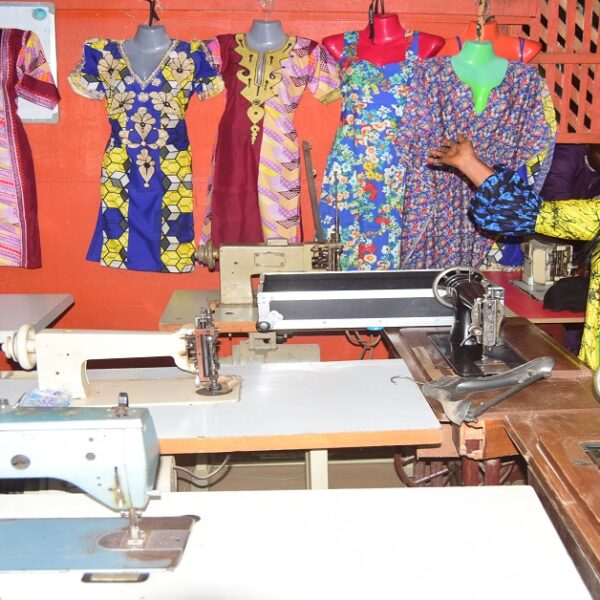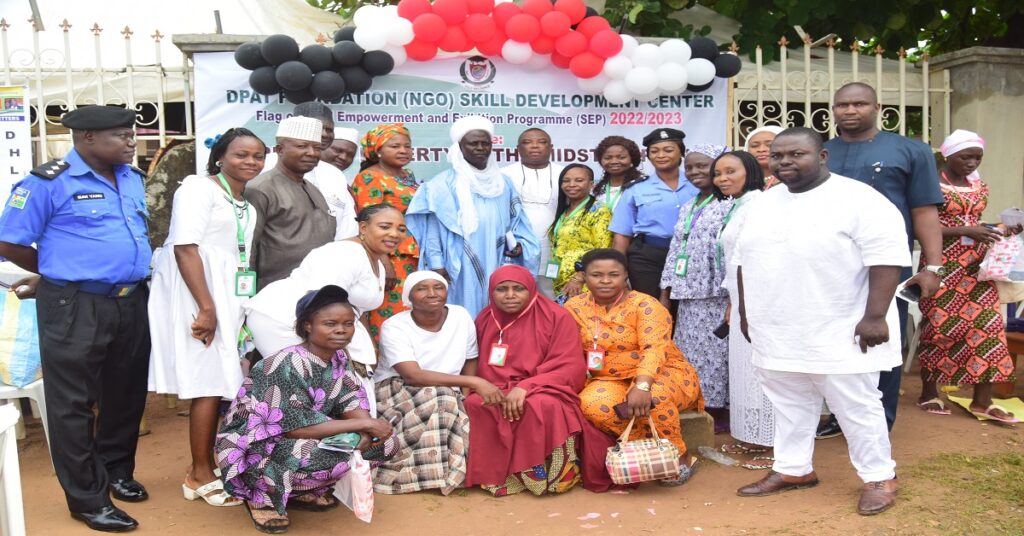A REPORT ON ONE-DAY SYMPOSIUM ORGANIZED BY DPAT FOUNDATION (NGO)
A report by Elder Mrs. Patience Ardey (JP).
Dpat foundation, a non-governmental organization recently organized a symposium with the theme “WHY DO WE NEED TO TALK ABOUT NANO ENTREPRENEUR” at Gwagwalada Abuja. The event was attended by several government agencies such as National Directorate of Employment (NDE), Abuja Enterprise Agency (AEA), Agriculture Development Project (ADP), Bank of Agriculture (BOA), Agriculture and Rural Development Secretariat, FCT, Fadama Cares, Nigeria Police Force, Gwagwalada division, as well as various private sector organization such as Basic Response Multipurpose Cooperative Society, Poultry Farmers Association, Amoalukhe Women group, Ayedo Women group from Ibwa, Ayebwaka group, Wuna, Nassara Women Empowerment Group and several other dignitaries.

In her opening address, President of Dpat Foundation, Elder Mrs. Patience Ardey expressed profound gratitude to all partners and friends of the foundation both in the public and private sectors of the economy who have been very supportive of the foundation over the years. She specifically highlighted the role of NDE over the years as well as the AEA for the grant some members of the foundation have enjoyed from them.
Talking about the theme of the symposium, Mrs. Ardey defined Nano Entrepreneur as those traders and business men and women like akara sellers, Barbers shop, small roadside kiosks, masa sellers, pure water sellers, tomatoes and peppers sellers, etc that are not registered with corporate affairs commission CAC, yet are contributing to sustain households as well as families while contributing to the national economy silently but effectively. This group of entrepreneurs are very much neglected and overlooked by government agencies when it comes to accessing financial facilities and empowerment from government agencies and other bodies because they are not recognized by government and they are organized to be able to come together to access such facilities.



Speaking further, she stressed the need for more attention to be paid on this group of entrepreneurs, while also encouraging them to take advantage of platforms provided by organizations like Dpat Foundation. She said joining such groups will give them better opportunities to access such empowerment provisions made available by government agencies with such mandates from time to time.
PROJECT 60
Elder Mrs Patience Ardey used the occasion to introduce Project 60 to all the participants.Project 60 is the educational arm of the foundation which seeks to provide scholarship to indigent but vulnerable children from poor communities and families.About 60 pupils in primary and secondary school from Ibwa II community in Gwagwalada area council of federal capital territory, who are the first beneficiaries of the scheme were presented at the occasion. The scheme covers their education from primary school to secondary school level. She said the foundation hopes to increase the number of beneficiaries in future. She thanked the chief of Ibwa II, Alhaji Abubakar Bamayi for his support and encouragement to the scholarship scheme.
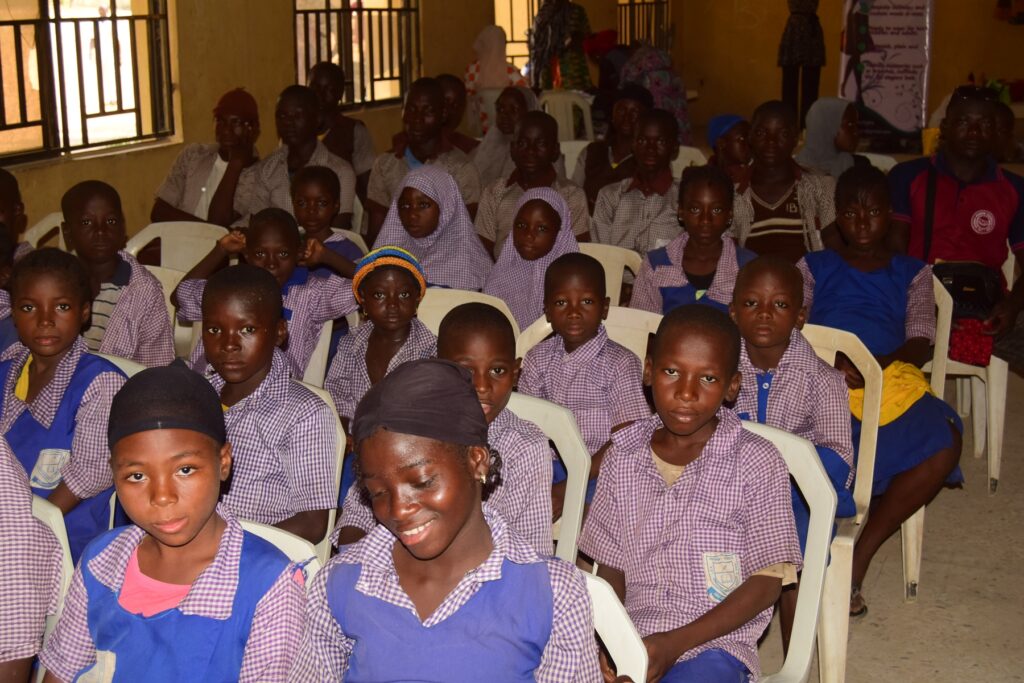


Yearly as more children, especially out of school children, will be picked and sent to school through this project every year. The President thanked and appreciated the Chief of Ibwa II, Abubakar Bamayi for the unshakable supports and encouragements and role he has provided to make the projects a success right from the day the idea was presented to him.
PAPER PRESENTATION
Mr. Bala Tsokwa from Abuja Enterprise Agency gave an interesting lecture on “simple book keeping for Nano business” where he emphasize the importance of proper financial records for small business owners. He said they should have sales record, purchase record, income records and inventory record.He emphasize on the need to keep daily records and strongly advised against giving out too much credit because it will affect the business badly.

Mr. Chimezie Noble, FCT State Coordinator of National Directorate of Employment in his lecture on financial management for small and Nano businesses added that there’s a need to be judicious and prudent in financial management as well as to be quality minded in service and product delivery so that there business can grow and be profitable.

Mrs. Justina Ogwumelen from women in agriculture and representing the director, ADP, Dr. J. G. Omole emphasize on the need for Nano business to be intentional, disciplined and focused through hard work and strict financial discipline.


Mr. Ogbodo Somto and Mr. Ofem Obono representing the director of cooperative, FCTA mandate secretary, agriculture and rural development Secretariat in their speeches harped on the importance of Nano business owners to form or belong to cooperatives so that they can use the platform to leverage access to facilities from among themselves and from government agencies for their business growth.
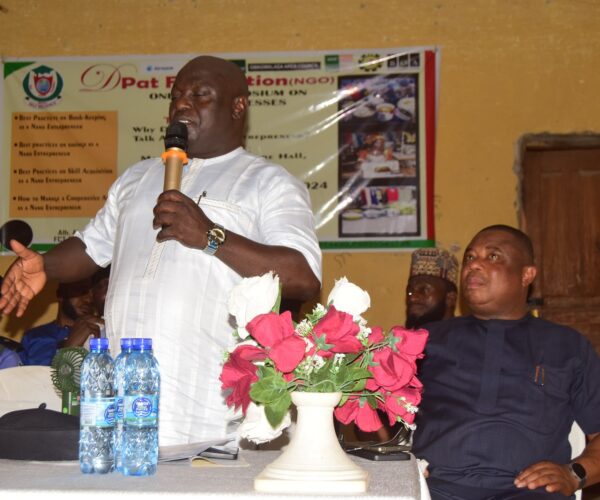

Dr. John Horry of Basic Response Multipurpose Cooperative Society gave a talk on the importance of detoxification and weight loss. He also used the occasion to introduce an innovative organic fertilizer that can be of immense benefits to farmers by increasing crop yields. According to him the organic fertilizer is to be applied to crops or to the soil after mixing a very small quantity with water. He said the fertilizer will be sold at affordable rate to farmers in partnership with Dpat foundation.
A major high point of the day was a slide presentation of the activities of Dpat foundation and a brief history of the organization. Some of the businesses that benefited from AEA grants through Dpat foundation were highlighted and some of the beneficiaries were also present to exhibit their products which ranged from catering, fashion design, schools, pharmaceutical, plumbing materials and solar panels/installation.
Photos from the Exhibitions During the Symposium

